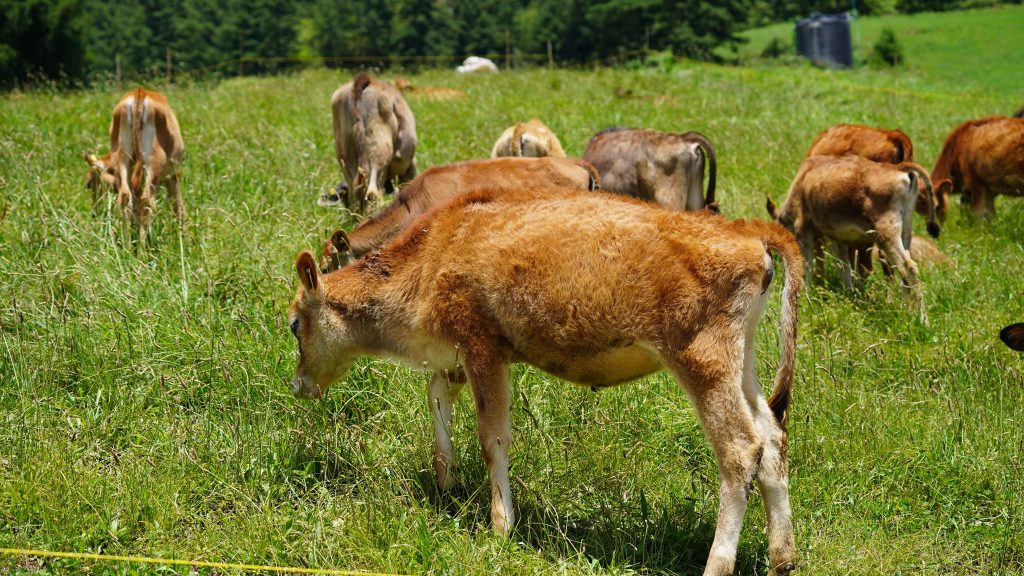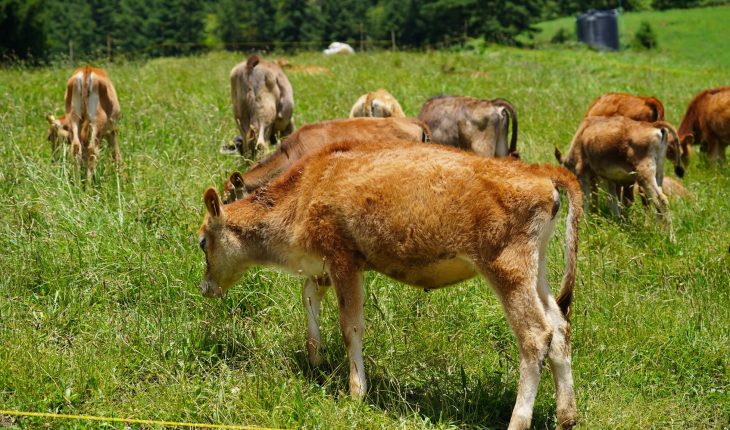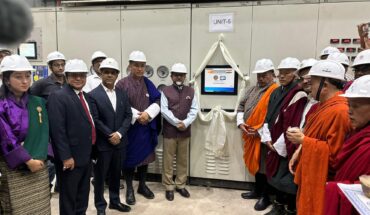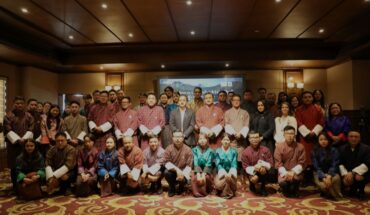
KINZANG DORJI TSHERING | Thimphu
Bhutan is setting ambitious targets to double its GDP from the current USD 2.5 billion to USD 5 billion by 2029, with the agriculture sector playing a central role in achieving this goal. Alongside this, the country aims to triple the value of exports from Nu. 3 billion to Nu. 9 billion by 2034, reflecting the government’s focus on enhancing both domestic food security and international market competitiveness.
The Ministry of Agriculture and Livestock (MoAL) has outlined strategies to address challenges in the sector, including fragmented domestic markets, an aging workforce, and a shortage of skilled labor capable of adopting modern farming techniques. The ministry’s approach is guided by the Food and Nutrition Security Policy 2023, the Agri-Food Strategy 2034, and the 21st Century Economic Roadmap, which collectively aim to transform Bhutanese agriculture into a modern, competitive, and market-driven sector. While complete food self-sufficiency may not be feasible due to structural constraints, the ministry is pursuing a balanced approach to boost domestic production and strengthen import resilience.
Modernization of agriculture is central to Bhutan’s vision of increasing productivity while reducing labor dependency. Under the CARLEP project, 416 power tillers have been distributed to farmers in eastern Bhutan, with plans for additional units within the year. Combined harvesters are provided on hire through FMCL to assist with rice harvesting. Vegetable production is being promoted through protected cultivation methods. In fiscal year 2024–2025, the ministry supplied 332 greenhouse sets, 1,553 drip and sprinkler irrigation systems, and 419 rolls of mulching plastic to farmers on a cost-sharing basis, with similar support provided by local governments. Smart farming techniques, including precision agriculture and hydroponics, are being introduced to encourage youth participation and address an aging workforce.
The ministry has placed strong emphasis on value addition and entrepreneurship to reduce post-harvest losses and improve market readiness. In FY 2024–2025, a total of 16 agri-food enterprises were established or strengthened nationwide through provision of processing and packaging equipment such as Ultrasonic Extraction and Concentration Machines, SS Tofu Processing Plants, Wheat Flour Milling Plants, Freeze Dryers, Dehydrators, and Air Compressors. These interventions aim to foster enterprise growth, generate employment opportunities, and strengthen agri-food supply chains.
Efforts to strengthen domestic market linkages include supporting farmer groups and cooperatives to achieve economies of scale, access collective certification, and enhance bargaining power. The ministry has linked 65 farmer groups and cooperatives to 68 institutions across Bhutan, while 42 groups have partnered with Gyalsung Academies to improve skills development and market access.
Bhutan is strategically focusing on high-value exports such as mushrooms, asparagus, black pepper, cardamom, rainbow trout, yak cheese, and honey. The Geographical Indication (GI) system has been launched, and Books of Specification (BoS) have been developed for priority commodities including buckwheat, honey, yathra, and Merak-Sakteng zoetey, helping build brand identity for Bhutanese products. Trade expansion efforts include opening dedicated Bhutan product outlets in Guwahati and Siliguri, with plans for additional hubs in Thailand and other international markets. Market exploration is underway for Singapore, Dubai, and other destinations. A recent product launch, “Whollistic Plus, Age Joyfully”, took place on September 21 in Kuala Lumpur, Malaysia, produced by Menjong Sorig Pharmaceuticals Limited and marketed by Beaubelle Company, Malaysia, under a formal Memorandum of Understanding to strengthen partnerships in marketing Bhutanese agri-products.
Public response indicates cautious optimism regarding the government’s agricultural modernization plans. Sonam Tobden, a civil servant and businessman from Thimphu, said he was aware of Bhutan’s GDP and export targets, considered modern farming technologies “very important,” supported value addition and entrepreneurship, was “somewhat confident” in Bhutanese products competing internationally, and highlighted expanding exports as the government’s top priority. Similarly, Sumit Pradhan, a businessman from Thimphu, said he was aware of Bhutan’s economic goals, viewed modern farming technologies as “very important,” supported value addition initiatives, expressed “somewhat confident” optimism in Bhutanese products’ international competitiveness, and also prioritized expanding exports for the next five years.
Through these multi-pronged strategies, the Ministry of Agriculture and Livestock aims to modernize Bhutan’s food systems, raise farm incomes, and position agriculture as a key driver of national prosperity. While pursuing economic growth and exports, the ministry emphasizes ensuring Bhutanese households have access to safe, nutritious, and diverse food, reflecting the government’s commitment to food and nutrition security while contributing to broader economic ambitions.





